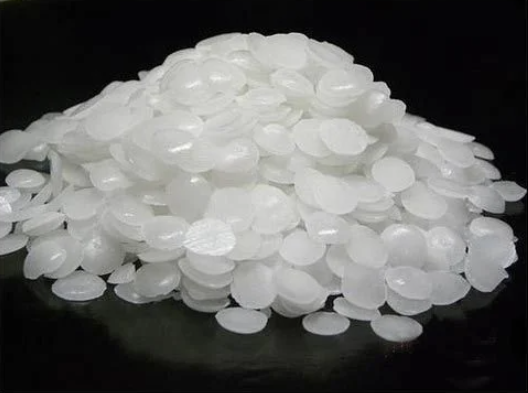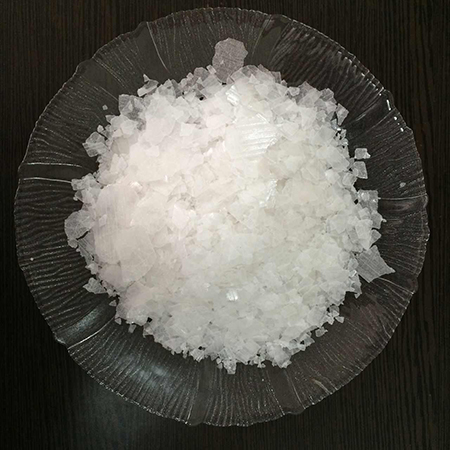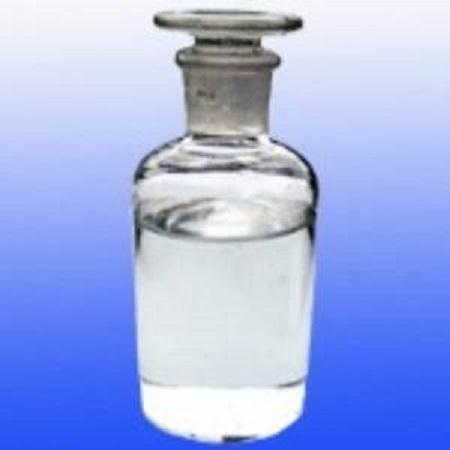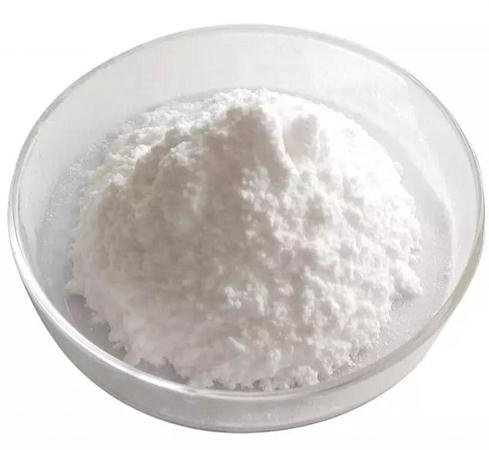Uses and safety of Sodium hydroxide
At room temperature, sodium hydroxide is a white, odorless solid. Liquid sodium hydroxide is colorless and has no odor. It can react violently with strong acids and with water. Sodium hydroxide is corrosive. NaOH can react with moisture from the air and may generate heat as it dissolves. This heat can be enough to cause a fire if it is near flammable materials.
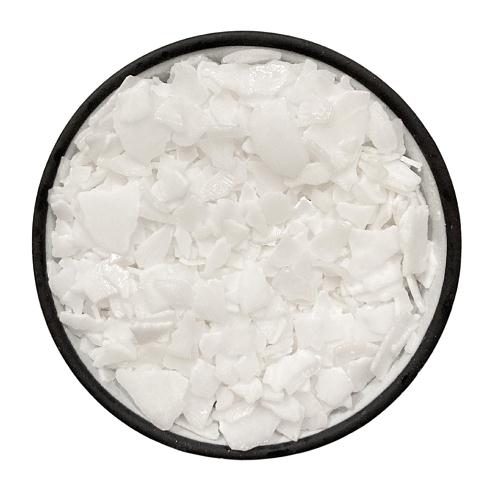
Uses
Sodium hydroxide is used to manufacture many everyday products, such as paper, aluminum, commercial drain and oven cleaners, and soap and detergents.
Sodium Hydroxide in Cleaning & Disinfectant Products
Sodium hydroxide is used to manufacture soaps and a variety of detergents used in homes and commercial applications. Chlorine bleach is produced by combining chlorine and sodium hydroxide. Drain cleaners that contain sodium hydroxide convert fats and grease that can clog pipes into soap, which dissolves in water.
Sodium Hydroxide in Pharmaceuticals & Medicine
Sodium hydroxide is used to help manufacture a variety of medicines and pharmaceutical products, from common pain relievers like aspirin, to anticoagulants that can help to prevent blood clots, to cholesterol-reducing medications.
Safety
Like other corrosive acids and alkalis, drops of sodium hydroxide solutions can readily decompose proteins and lipids in living tissues via amide hydrolysis and ester hydrolysis, which consequently cause chemical burns and may induce permanent blindness upon contact with eyes.
Solid alkali can also express its corrosive nature if there is water, such as water vapor. Thus, protective equipment, like rubber gloves, safety clothing and eye protection, should always be used when handling this chemical or its solutions. The standard first aid measures for alkali spills on the skin is, as for other corrosives, irrigation with large quantities of water. Washing is continued for at least ten to fifteen minutes.
Moreover, dissolution of sodium hydroxide is highly exothermic, and the resulting heat may cause heat burns or ignite flammables. It also produces heat when reacted with acids.
Sodium hydroxide is also mildly corrosive to glass, which can cause damage to glazing or cause ground glass joints to bind.Sodium hydroxide is corrosive to several metals, like aluminium which reacts with the alkali to produce flammable hydrogen gas on contact:
2 Al + 6 NaOH → 3 H2 + 2 Na3AlO3
2 Al + 2 NaOH + 2 H2O → 3 H2 + 2 NaAlO2
2 Al + 2 NaOH + 6 H2O → 3 H2 + 2 NaAl(OH)
You may like
Related articles And Qustion
See also
Lastest Price from Sodium hydroxide manufacturers
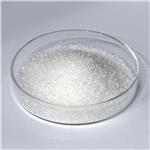
US $0.00-0.00/kg2025-04-21
- CAS:
- 1310-73-2
- Min. Order:
- 1kg
- Purity:
- 99.99%
- Supply Ability:
- 20 tons
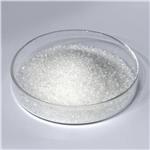
US $0.00-0.00/kg2025-04-21
- CAS:
- 1310-73-2
- Min. Order:
- 1kg
- Purity:
- 99.99%
- Supply Ability:
- 20 tons

